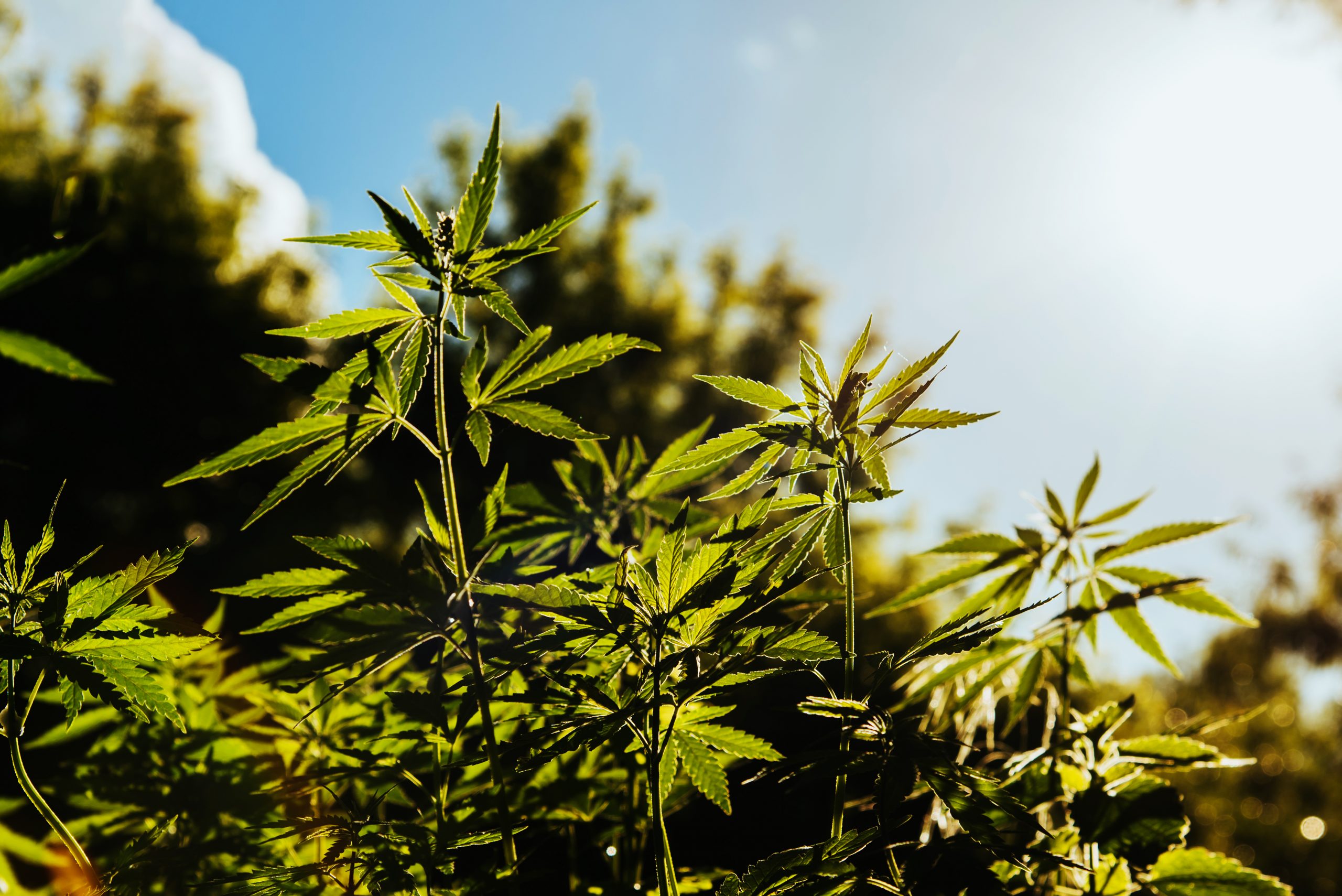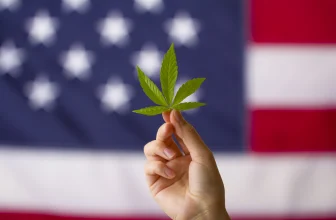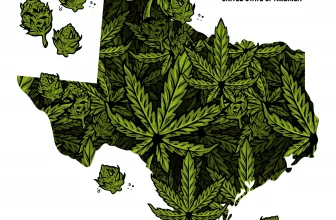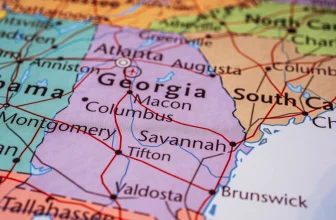
This week has seen the usual mix of growth and action in the cannabis industry, from the perils of synthetic products to the education of Tennessee law enforcement officials about CBD and hemp.
1. Maine legalized pot, but it’s still illegal in 90% of the state.
Despite the fact that Maine can now boast of $10.2 million in adult-use recreational marijuana sales in August, comprising over 133,000 transactions, there is still strong inertia against true statewide adoption.
That’s because 90% of the state’s towns, cities, and plantations still outlaw the sale of recreational marijuana — a staggering 453 out of 500. This presents a potentially significant hurdle to Maine’s adult-use market, which has grown by a factor of ten in the past year alone. Although those areas that forbid retail sales are largely rural and account for only 29% of the state’s population, they are still areas that people visit and live near.
2. The CDC and FDA are warning of the dangers of synthetic delta-8 THC.
Delta-8 THC is slightly different from the more widely known delta-9 THC but appears to deliver many of the same effects. However, both the Centers for Disease Control and Prevention (CDC) and the Food and Drug Administration (FDA) have put out strong warnings against it — warnings prompted by the proliferation of synthetically derived delta-8 THC products, many of which masquerade as hemp oil.
These products exploit the fact that hemp-derived CBD can be chemically altered to create delta-8 THC, which has an identical atomic composition but a different structure. However, these products can contain dangerously high concentrations, are untested and unregulated, and can contain chemical byproducts. The agencies have received multiple reports of users experiencing adverse side effects.
3. In Washington, felons will no longer be automatically denied cannabis licenses.
It used to be the case that anyone with a misdemeanor or felony charge would automatically be denied the right to own a cannabis license. However, that is set to change next month. Individuals with a felony or misdemeanor charges will still face increased scrutiny, but their charges will no longer automatically disqualify them.
According to Rep. Melanie Morgan (D), who chairs the Social Equity on Cannabis Task Force in the state, the goal was to address the disparity in cannabis-related arrests between white people and black and brown people. Despite research showing that black and Latino people use cannabis at a lower rate than whites, the arrest rates are significantly higher. Under the new legislation, even those with previous cannabis charges may have the opportunity to work in the sector.
4. In Tennessee, law enforcement officials are proactively learning about hemp.
In Madison County, Tennessee, law enforcement officials are learning about the differences between marijuana and hemp. Officials received a tour of a CBD cannabis farm, Hemphill Farms, and learned how the plant is cultivated and the CBD is extracted.
Sheriff John Mehr, who organized the event, said, “The conference was excellent. We had lots of feedback from across the state. This is actually the first time it’s ever been done in the state.” He pointed out that problems can occur when officers don’t know how to distinguish hemp from marijuana. The workshop should be an important step in preventing unnecessary arrests.
5. Kansas City will no longer screen most city workers for cannabis.
In Kansas City, Missouri, Mayor Quinton Lucas has announced that a new ordinance will remove cannabis from its list of banned substances for city employees. The city relaxed its cannabis laws in 2017, decriminalizing the possession of up to 35 grams of marijuana.
Today, such possession can result in a $25 fine. As the city and state’s policies are likely to continue evolving in the coming years, Mayor Lucas cited the move as “one step of many in becoming a fairer city.” Exempted personnel include medical patients, the disabled, jobs requiring a CDL or supervision of children, and police.
6. Global cannabis sales grew 41% since last year, with nearly $31 billion in transactions.
Across the globe, 2021 is predicted to be a big year for cannabis, with around $31 billion in sales projected. This represents a 41% increase over 2020 and has led experts to predict a global market of $62.1 billion 5 years from now.
The United States is expected to comprise $24 billion of the global sum in 2021 and will likely reach $47.6 billion in 5 years. This massive growth is exciting news for anyone with a personal or financial stake in the industry — it promises to become a global titan.






